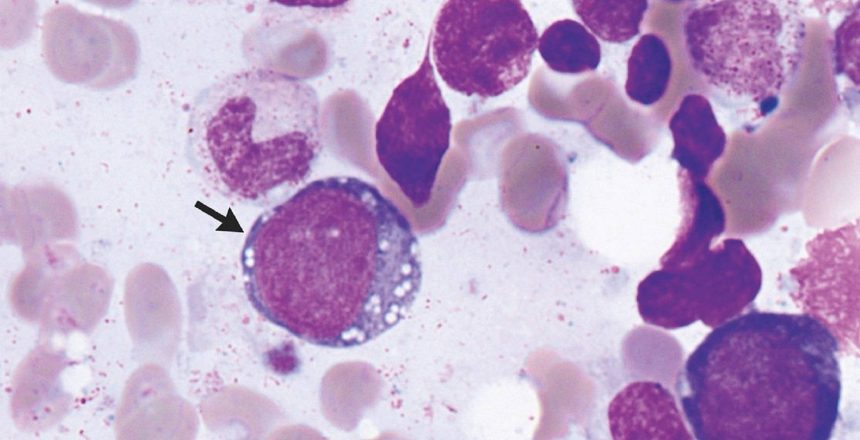IRVINE, California, March 2, 2022, Genomic Testing Cooperative, LCA (GTC) announced today that their hematology molecular profiling is expanded to cover analysis of the UBA1 and NFE2 genes. Both genes were recently reported to be clinically important for the diagnosis and treatment of patients with hematologic neoplasms.
Recently described VEXAS (vacuoles, E1 enzyme, X-linked, autoinflammatory, somatic) is caused by mutations in the UBA1 gene. This is an adults-onset fatal disease that may present as myelodysplastic syndrome, aplastic anemia or multiple myeloma, but characterized by fevers, low white cell count, vacuoles in bone marrow cells, dysplastic bone marrow, pulmonary inflammation, chondritis, and vasculitis. Detecting the presence of mutations in the UAB1 gene is the only way for confirming the diagnosis of this disease.
The NFE2 gene is mutated in approximately 8-9% of patients with typical myeloproliferative neoplasms (MPN) and in 3% of triple negative myeloproliferative neoplasms as well as in isolated granulocytic sarcoma, some patients with myelodysplastic syndrome, and acute myeloid leukemia. Most importantly, the presence of mutations in the NFE2 gene in MPN is associated with transformation into acute myeloid leukemia and poor survival.
Testing for these two genes will be included when all hematology profiling tests are ordered from GTC laboratories as well as from the Co-Op member laboratories. These genes are now included in the three hematology tests: Hematology Profile (DNA only), Hematology Profile Plus (DNA+RNA) and Liquid Biopsy Hematology Profile.
Maher Albitar, MD, Founder, Chief Executive Officer and Chief Medical Officer, GTC, stated, “Genomic medicine is advancing at rapid pace and keeping up with these advances requires diagnostics to be agile and responsive.” Dr. Albitar added “This is an example of how the cooperative business model works. Clinical needs were communicated by members of the Co-Op. GTC developed the technology around implementing the changes to the current panels. This is followed by the exchange of information and samples for rigorous cross-validation and implementation of changes to panels in member laboratories in a seamless and cost-effective fashion”.
The prevalence of VEXAS in the general population is unknown, but it is expected to be high in individuals with chronic inflammatory diseases. Most of the patients currently diagnosed with VEXAS have had numerous tests and tried multiple treatments. VEXAS should be considered in patients with systemic autoinflammatory disorders as well as patients with clinical presentation of myelodysplastic syndrome and chronic myelomonocytic leukemia. The annual incidence rate of MPN is 2.34 per 100,000.
References
1. David B. Beck, M.D., et al. Somatic Mutations in UBA1 and Severe Adult-Onset Autoinflammatory DiseaseN Engl J Med 2020; 383:2628-2638, DOI: 10.1056/NEJMoa2026834
2. James A. Poulter, et al. Novel somatic mutations in UBA1 as a cause of VEXAS syndrome. Blood (2021) 137 (26): 3676–3681.
3. Marcela A. Ferrada, et al. Somatic Mutations in UBA1 Define a Distinct Subset of Relapsing Polychondritis Patients With VEXAS, Arithritis & Rheumatology, doi.org/10.1002/art.41743.
4. Clémence Marcault, et al. Impact of NFE2 mutations on AML transformation and overall survival in patients with myeloproliferative neoplasms. Blood (2021) 138 (21): 2142–2148.
5. Jonas Samuel Jutzi,et al. Altered NFE2 activity predisposes to leukemic transformation and myelosarcoma with AML-specific aberrations. Blood (2019) 133 (16): 1766–1777.
About Genomic Testing Cooperative, LCA
Genomic Testing Cooperative (GTC) is a privately-owned molecular testing company located in Irvine, CA. The company operates based on a cooperative (co-op) business model. Members of the co-op hold type A shares with voting rights. The company offers its patron members a full suite of comprehensive genomic profiling based mainly on next generation sequencing. The co-op model allows GTC to make the testing and information platform available to members at a lower cost because of a lower overhead. For more information, please visit https://genomictestingcooperative.com/.
Genomic Testing Cooperative contact:
Jennifer Varca
(949) 540-9421
Jvarca@genomictestingcooperative.com


